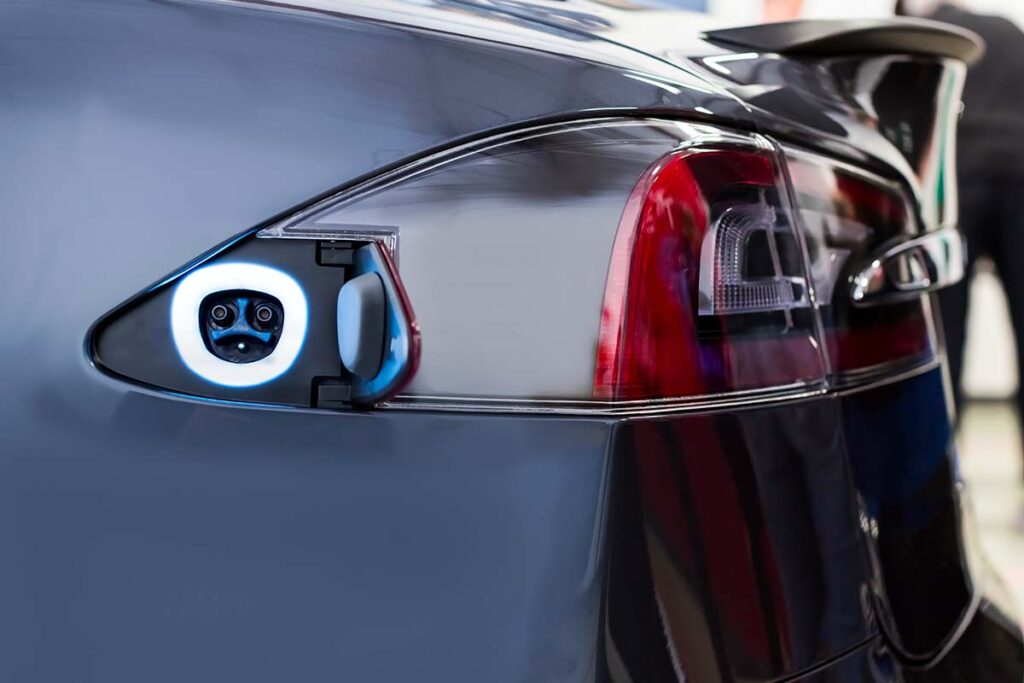With recent high gas prices, purchases of electric vehicles (EVs) (if you can find one) have increased dramatically this year. However, while they’re still a small percentage of the cars on the road today, they’re increasing in popularity all the time.
One big reason is due to status. Let’s face it, they’re kinda cool. It feels good to do something positive to “save the environment”.
The other reason, you may be eligible for a nice-sized federal tax break. The tax code provides credit to purchasers of qualifying plug-in electric drive motor vehicles including passenger vehicles and light trucks. The credit is equal to $2,500 plus an additional amount, based on battery capacity, that can’t exceed $5,000. Therefore, the maximum credit allowed for a qualifying EV is $7,500. Note, not all EV cars will result in a tax credit – check with the dealer to ensure the credits are available for the EV model to be purchased.
Here are some additional points about the plug-in electric vehicles that are eligible for the tax credit:
- It’s allowed in the year you place the vehicle in service (so if you order it in 2022 and it gets delivered in 2023, the credit is claimed in 2023).
- The vehicle must be new.
- An eligible vehicle must have a gross weight of less than 14,000 pounds (i.e., that eliminates some SUV and trucks from the credit)
What exactly is an EV?
For purposes of the tax credit, a qualifying vehicle is defined as one with four wheels that are propelled by an electric motor, which draws electricity from a battery. The battery must have a capacity of not less than four kilowatt hours and must be capable of being recharged from an external source of electricity.
The tax credit may not be available because of a per-manufacturer cumulative sales limitation. Specifically, it phases out over six quarters beginning when a manufacturer has sold at least 200,000 qualifying vehicles for use in the United States (determined on a cumulative basis for sales after December 31, 2009). For example, Tesla and GM vehicles have no cars left that are eligible for the tax credit. And Toyota is the latest auto manufacturer to sell enough plug-in EVs to trigger a gradual phase out of federal tax incentives for certain models sold in the U.S.
There’s a push by several automakers to influence Congress to eliminate this vehicle limit. GM, Ford, Chrysler, and Toyota have asked Congressional leaders to give all electric car and light truck buyers a tax credit of up to $7,500.
How do you know what EVs are still qualified?
You can access the current list here: https://www.irs.gov/businesses/irc-30d-new-qualified-plug-in-electric-drive-motor-vehicle-credit.
One further add-on tax credit is available for EVs when you install a charging station in your home/business. For business use property, the tax credit is 30% of the installation cost up to $30,000 (reduced by any 179 depreciation). For individuals, the credit is 30% back on the installation of a ChargePoint Home Flex EV charger installation (up to $1,000) maximum.
Please get in touch with your Wegner tax advisor if you want more information about the federal plug-in electric vehicle tax break.


